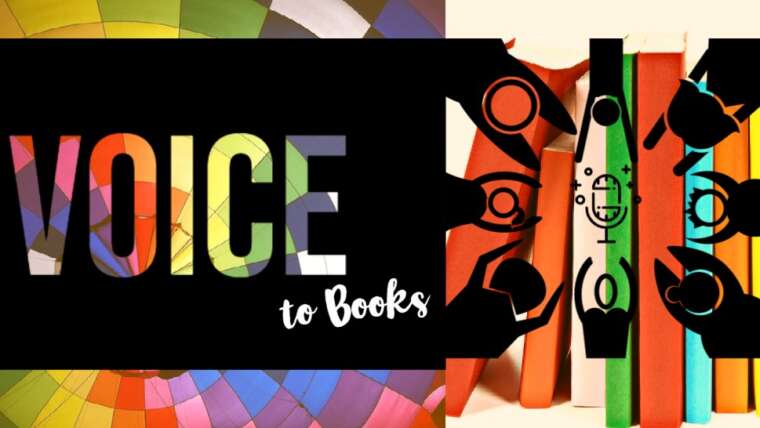Edited by Dave Oei With the exploding popularity of Sarah J. Maas’s fantasy-romance series, A Court of Thorns and Roses, and the more recent bestseller Fourth Wing by Rebecca Yaros, the newly named genre romantasy has exploded. While lacking in specific definition, all such books share at least one common trait: Their plotlines require both fantasy and romance, though not necessarily in equal portions. However, the romance must exist as more than subplot; each book contains at least one full-blown trope, such as enemies-to-lovers. And while fantasy has always served as an arena to address social ills, most books…


